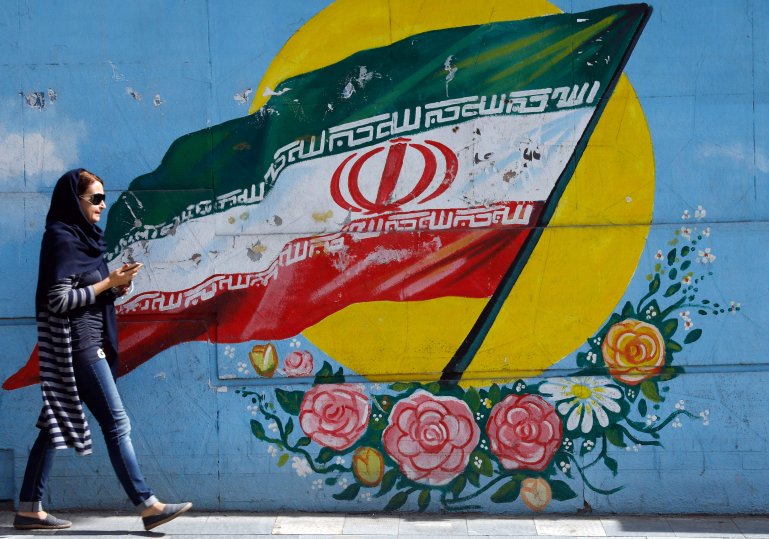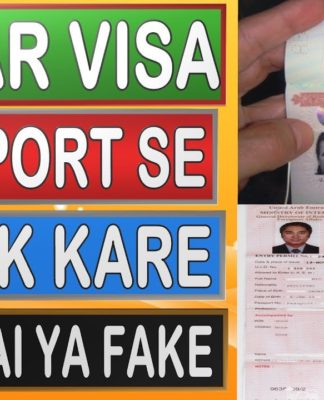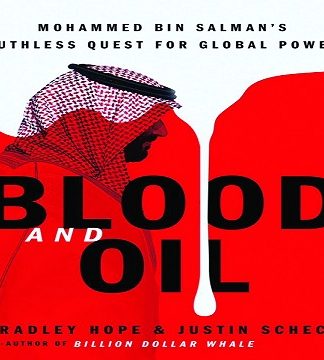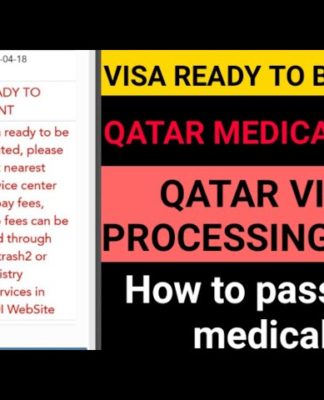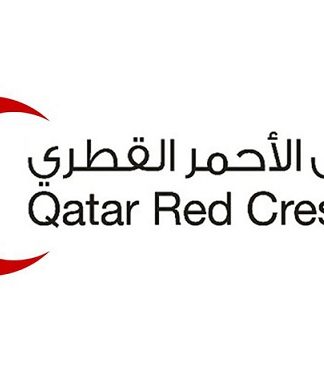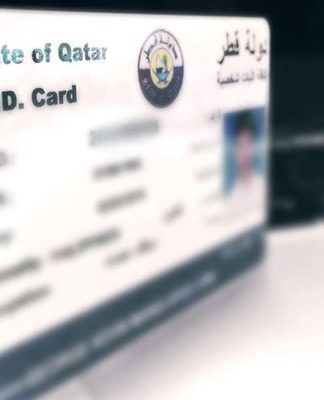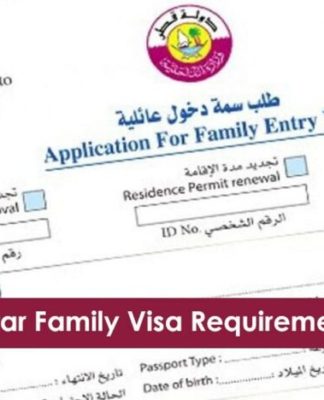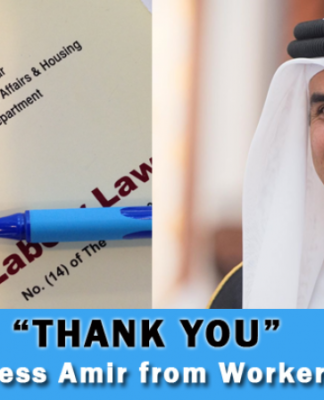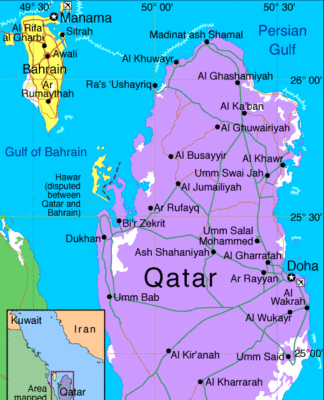11 May 2018 – 20:49

By Amir Vahdat I Associated Press
TEHRAN: A prominent Iranian cleric on Friday threatened two Israeli cities with destruction if the country “acts foolishly” and retaliates against it again, while thousands of protesters demonstrated against President Donald Trump’s withdrawal from the Iranian nuclear deal with world powers.
The comments by Tehran Friday prayer leader Ayatollah Ahmad Khatami, who has threatened Israel before, capped an eventful week for the Mideast. From the nuclear deal pullout to the Israeli military targeting Iranian positions inside Syria in its biggest coordinated assault on that country since 1973, Iran is now trying to save the deal while simultaneously attempting to appease hard-liners seeking revenge for Israeli attacks.
Khatami, who has echoed comments by Supreme Leader Ali Khamenei who says Israel will not exist in 25 years, said the Jewish state could face destruction by challenging Iran.
“The holy system of the Islamic Republic will step up its missile capabilities day by day so that Israel, this occupying regime, will become sleepless and the nightmare will constantly haunt it that if it does anything foolish, we will raze Tel Aviv and Haifa to the ground,” he said, according to state television. His remarks drew chants of “Death to America” from those gathered for prayers.
Thousands later demonstrated across the country.
“Today, we must rely on our own capabilities and if we do so, rest-assured that we will win and the West’s domination will not be successful, just like the past 40 years,” said Gholamhossein Mohseni Ejei, Iran’s judiciary spokesman.
The protests Friday resembled other aggressive but orderly gatherings typical under President Hassan Rouhani, who has portrayed himself as seeking rapprochement with the West.
But while slogans of “Death to America” were few, many Iranians are sincerely angry over Trump’s decision and are siding with the hard-liners, who have long been suspicious of the West.
Trump pulled the U.S. out of the 2015 accord on Tuesday. Iran said it may resume uranium enrichment at an even higher rate that before the deal within weeks if the international accord collapses. Rouhani has ordered his foreign minister to negotiate with the countries remaining in the deal to try and save it.
The 2015 nuclear deal imposed restrictions on the Islamic Republic’s nuclear program in return for the lifting of most of the U.S. and international sanctions against Tehran.
However, the deal came with time limits and did not address Iran’s ballistic missile program or its regional policies. Trump has repeatedly pointed to those omissions in referring to the accord as the “worst deal ever.” However, proponents of the deal have said those time limits were meant to encourage more discussion with Iran in the future.
Many in Tehran and elsewhere in the country are worried about what Trump’s decision could mean for Iran.
Meanwhile, France urged Europeans to stand up to Trump over the nuclear deal and not act as “vassals,” as the EU scrambles to find ways to save the accord and the billions of dollars in trade it unleashed.
French Finance Minister Bruno Le Maire said on Europe-1 radio that Europe should not accept that the U.S. is the “world’s economic policeman.”
“Do we want to be vassals who obey decisions taken by the United States while clinging to the hem of their trousers?” Le Maire asked. “Or do we want to say we have our economic interests, we consider we will continue to do trade with Iran?”
European governments tried for months to persuade Trump to stick with the deal but failed, and now fear it will raise the risk of conflict in the region. Aside from the mounting military tensions between Iran and Israel, oil prices are rising on the uncertainty.
Russian President Vladimir Putin and German Chancellor Angela Merkel spoke Friday and underlined their aim of preserving the deal and peace in the Mideast. And European Union foreign policy chief Federica Mogherini insisted that it’s not up to the U.S. to determine the deal’s future anyway.
“This deal is not a bilateral treaty. It’s a UN Security Council Resolution and it belongs to the entire world,” said Mogherini, who will chair talks Tuesday with the British, French, German and Iranian foreign ministers in Brussels.














